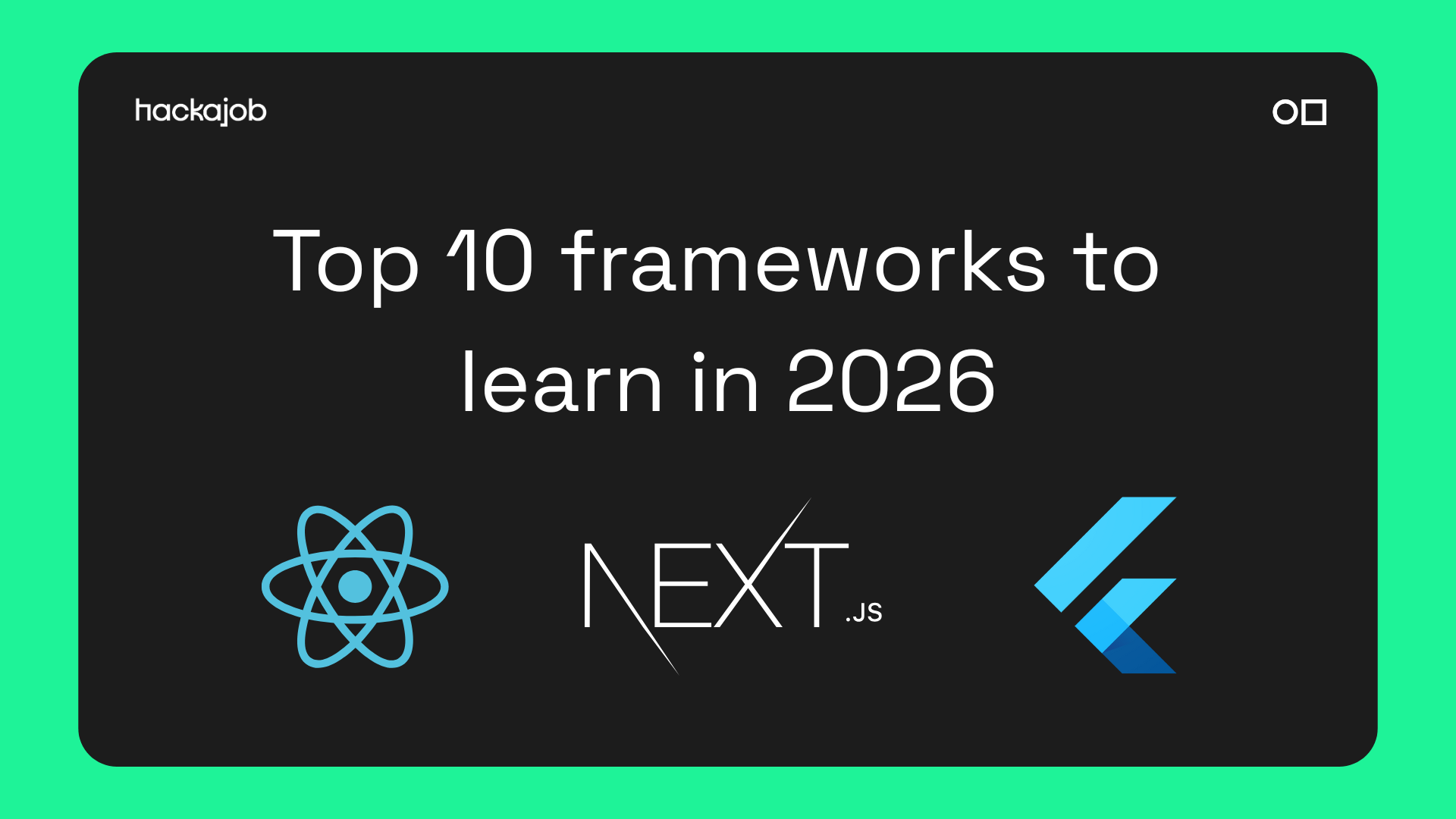Last night we settled in for our latest event, ‘Closing the Gap in Tech: Providing opportunities for underrepresented groups’. Taking the subject of D&I by the horns, our fantastic speakers included:
June Stewart, Head of PMO, ITV
Zaheer Ahmad, MBE, Head of Strategic Delivery - Diversity and Inclusiveness, EY
Gabriela Matias, People Partner, GoCardless
Jeremy Crooke, OBE, Chief Executive, Black Training Enterprise Group
Josh Clarke, Co-Founder, Occumi
Moderated by our very own Co-Founder & COO Mark Chaffey, we were also incredibly lucky to hear from the Deputy Mayor, Social Integration, Social Mobility and Community Engagement, Debbie Weekes-Bernard, who gave a keynote speech about diversity and inclusion, focusing on why everybody should be given a seat at the table; regardless of their background.
Taking place at London’s iconic City Hall, we’ve compiled the top things we learned from the evening:
Data, Data, Data
When it comes to implementing diversity in the tech sector, all our panellists agreed that organisations must take stock of their internal data in order to improve their D&I strategies. As Jeremy stated, “you can’t measure progress without data”. Zaheer agreed and mentioned that it makes it easier to get a buy-in from the top when senior leaders are presented with key statistics and facts. In fact, he believes that data is the true conversation piece that whets appetites. For Josh, when it comes to D&I, particularly for Black and Minority Ethnic (BME) and Black, Asian and Minority Ethnic (BAME) groups, companies need to be aiming for holistic approach but until that can be achieved; he feels that data-driven metrics are the way forward. Gabby stated that as a diversity and inclusion lead, she needs data in order to make a difference internally and for her, being able to measure the rate and speed of progression her company makes, is vital.
Focus your D&I Strategy
One of the main topics of discussion was getting young black men into work. In her keynote speech, the Deputy Mayor noted that only 1% of those who work in tech in London are young black men. How to counter that? She believes that employers need to be open to new ideas in order to create something truly extraordinary. June agreed and mentioned that she felt that employers still have much more to do, but at ITV they are taking initiative and working hard to counter this. As an example, she spoke about ITV’s ‘Staff Ambassador’ group, which helps to bridge the gap between colleagues and their managers and gets the vital data needed for D&I measurement. Jeremy felt that whilst many employers want immediate action, a focus on race and ethnicity should be treated as a marathon, not a sprint, in order to tackle the problematic lack of young black men working in tech.
Education
Believing that organisations can only make progress if they keep talking about the problems they have, Jeremy noted that the overall focus shouldn’t just be on initiatives in work (although they are of course, needed), but that the education system needs to follow suit.
Speaking from a personal perspective, Zaheer agreed with Jeremy and discussed the importance of going into schools, inspiring children and showing them what their futures can be like, but stressed this mustn't be treated as a tick box exercise - we need to think differently and creatively about why it’s so important to help educate the next generations. From his own experiences, Josh felt that growing up, there wasn’t enough emphasis on STEM careers. Discussing his degree prospects, he said that it like he was being told that there were plenty of opportunities, but he wasn’t being shown where or what these were - and this is a huge problem that young black men face.
When asked about whether parents have a part to play in ensuring their children have a good career path ahead of them, June said that in an ideal world, employers should be engaging with parents as much as they should with ‘young black men’, but it’s important not to neglect those children who don’t have a good support system. Jeremy agreed, and felt that whilst we have to engage parents as much as possible, there is a large number of children in care and it would be incredibly irresponsible to forget about them.
Leading onto the financial barriers that come with education, Josh hammered home the fact that the pressure for young black men to have all-kinds of formal education is ultimately set by employers who are demanding degrees. He said that employers have a responsibility to not apply that kind of pressure because at the end of the day, as long as someone is capable of doing a job, they should be eligible to apply. All of our panellists agreed and noted that soft skills are an important part of the interview process - they shouldn’t be forgotten.
GoCardless: A Case Study
As part of the evening, we heard from Gabby at GoCardless who talked us through why D&I is so important to her and her wider team. Strongly believing that D&I shouldn’t just be about gender, Gabby is dedicated to working with her people and talent teams to ensure that they challenge bias at every stage of the employee journey. Because she’s a one woman band, at times it can be tough because she simply doesn’t have the resources to work on everything that comes under D&I, so she has to pick and choose based on employee need at that time. Gabby noted that budget and resource can really hamper D&I initiatives so for her, it’s key to have a buy-in from the top whilst still being as creative as possible in order to make GoCardless’ overall D&I strategy a success.
Don’t be Afraid
All of our panelists agreed that in order to make any kind of progress, we cannot be afraid to talk about race. Zaheer believes that this all comes down to trying to change an organisation’s culture - not always an easy task. For Jeremy, it’s about making people feel confident and educating them so that they can be more comfortable when approaching the subject matter. He said that staff surveys and data can of course be utilised, but existing BAME staff within your organisation must also not be afraid to step up to the plate and help move your organisation forward.
In her keynote speech, the Deputy Mayor noted that Sadiq Khan is the first ever Mayor of London to have created her job position - one that treats tackling inequalities as important as planning, regeneration, affordable housing, policing and more. Whilst London is seen in social mobility circles as a centre of innovation, the city also has its problems; particularly with getting young black men into the workplace.The Mayor’s public commitment to taking charge and making a difference in terms of inequality highlights even further why it’s so important to keep having conversations with people within the workplace, schools and the wider community.


